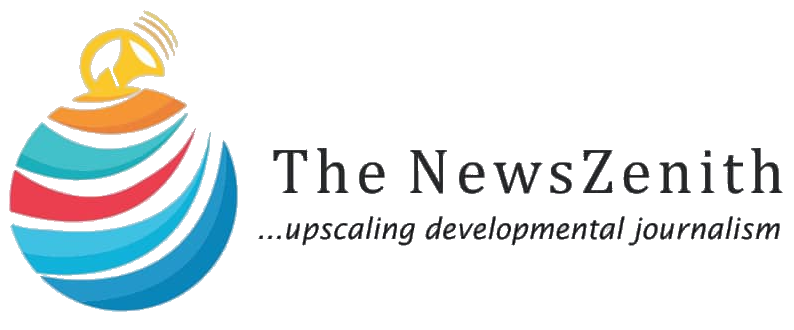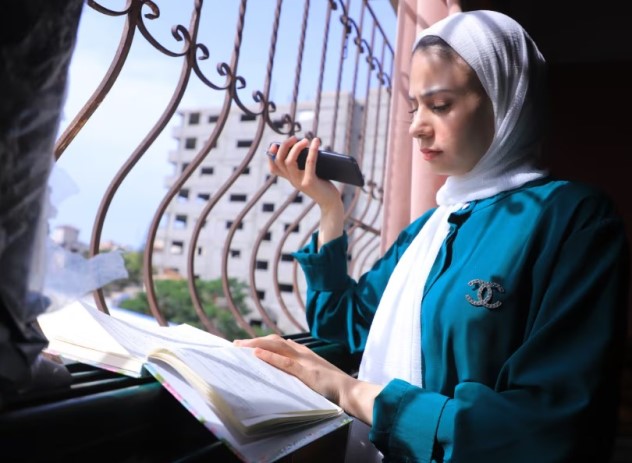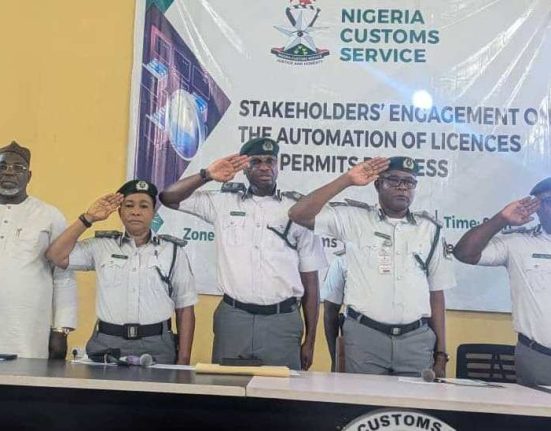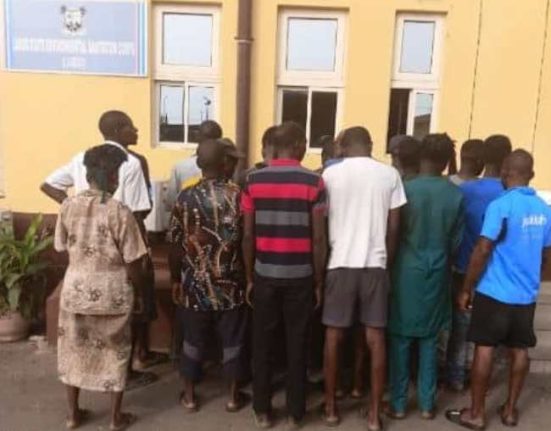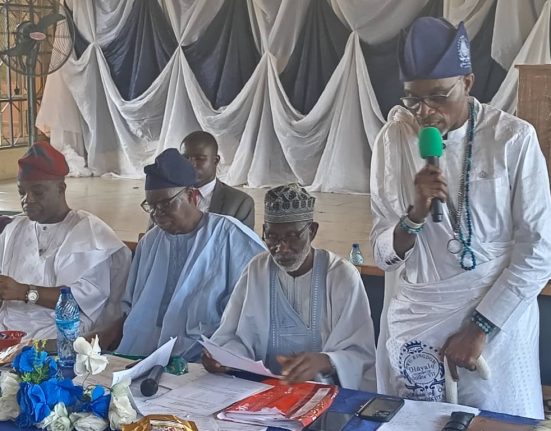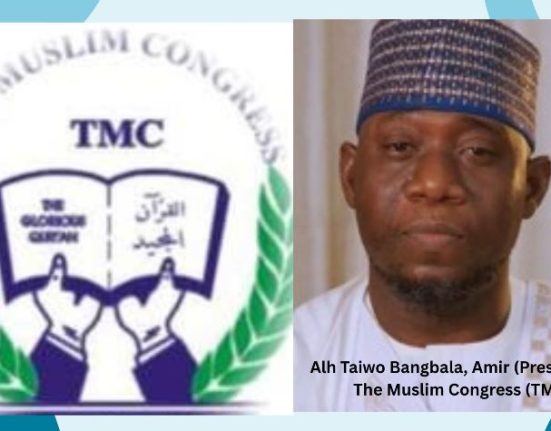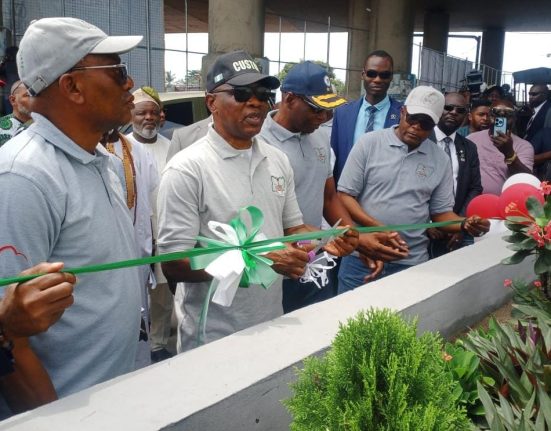.“

By Yasmine Hassan
Gaza City, May 22, ’25 (CBC/TNZ) Before beginning her lessons for the day, Aseel Alwan heads to the kitchen to make coffee, placing a kettle on an open flame to boil water that she pours into a mug with instant coffee. Then, she makes her way to her bedroom, where she begins the daily hunt for an internet connection, a tall order at her family home in Gaza City.
The 21-year-old is working on her bachelor of English literature at Al-Aqsa University. She is among thousands of university students in Gaza attempting to continue their studies despite the ongoing war. Alwan and her family are among the lucky few whose homes are still standing. They refused to leave Gaza City for the south. This is because they say their safety is at risk, no matter where they are in the strip.
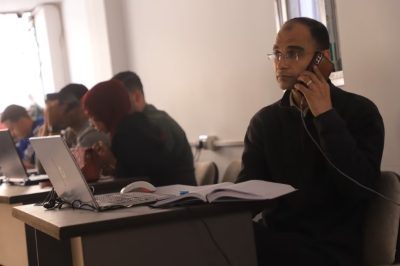
Ahmed Junina, Alwan’s English literature professor, says enrolment numbers at the university have declined “significantly.” Almost a year and a half after fighting began, Israeli airstrikes have destroyed most of the universities in Gaza, including Al-Aqsa, halting studies for some 88,000 students throughout the enclave, according to Palestinian education officials.
“I think this is not unexpected, we are talking about students who have been forced to flee their homes or lost family members,” Junina said. He has made an effort to keep in touch with his students throughout the war and estimates that almost 90 per cent of them were displaced while taking online courses.
Even Alwan, whose home is still standing, sometimes faced challenges of leaving due to nearby attacks. And although she has so far always been able to return, this has all taken a toll. She and her family once thought the situation would be temporary. But it has become a daily struggle as they try to go about their lives while Israeli soldiers are bombing universities, schools and hospitals.
“It’s honestly heartbreaking, seeing the university you have been going to for years crushed to the ground is not something easy at all,” Alwan told CBC News freelance videographer Mohamed El Saife. “It’s like years and years of knowledge and hope … wiping out a future”.
Finding a connection
That’s why Junina, who was previously a visiting professor at Montreal’s Laval University, has made it his mission to continue to support the 600 students he’s currently teaching across three courses.
The work, he says, is “driven more by personal and collective responsibility than by institutional structure or requirements. It’s often done without proper compensation.” Junina says he currently makes about 30 per cent of what he used to, and payment can be irregular.
“Many of us continue to teach and support students not because we are compensated properly, but because we believe that education must continue and we must support students even during wartime.”
Alwan is grateful for the chance to continue her studies, but is often overwhelmed by fear and uncertainty and says what she and others have endured is something “no student should go through”. She identified access to the internet as the biggest challenge impeding her continuing her education.
“The internet was either too weak or completely cut off,” she said. Alwan noted that during one displacement, she had to walk 45 minutes to find a stable signal. And it wasn’t even an actual place. You had to stand in the middle of the street and try to do your thing”.
Though she’s now back at home, Alwan normally studies at a cafe near their building because it has better internet. But last Friday, after a week of heavy bombing, she decided it would be safer to work from home.
Read Related Articles:
- 2025 UTME Storm: Critical Crossroads for Nigeria’s Education
- Delicate Balance: How CEOs Can Harmonise Personal Branding
- India-Pakistan Conflict: What Nigerians Need to Know
- Donald Trump’s Presidency and the Global Automotive Industry
- Addressing Brain Drain in Nigeria’s Health Sector
Before she can start her courses for the day, she needs to log on to the internet. To do this, she goes to the window in her room where the signal is stronger. She then uses her phone to scan QR codes that load an app and gives her a number to enter. This system allows her to have stable connection.
Once connected, she hits play on a voice note from Junina. It’s one of several messages that will make up the day’s lesson.
Lessons by voice message
The professor says the war has massively changed his life.
“Now, instead of coming to your university, your classroom, meeting your students in person, my daily routine has changed.” Junina now teaches mostly from home, sitting at a desk with his laptop and his textbook. He keeps his Whatsapp and Telegram accounts open on his phone where he records lectures. Sometimes, his recordings capture the sounds of drones buzzing in the distance, a constant reminder of the war.
When he finishes recording, he compresses the file for easy download. He then sends the voice note to his students and then pulls up another lesson on his laptop.
Because electricity isn’t always reliable, when it comes time to charge his devices, he makes his way to an internet cafe, walking past endless mounds of rubble. In the ruins of what were once residential buildings, businesses and universities, plants grow through cinder blocks.
When Junina arrives at the cafe, a large, open space with rows of desks occupied by people wearing headphones, he takes a seat and pulls up his laptop to continue his work. Sometimes, his students meet him here. This is because they need a stable internet connection to complete examinations and quizzes sent via timed links.
Junina feels the war has forced universities to expand online learning. This compelled them to adapt to the current situation, but he thinks it’s something that will ultimately benefit them.
“I imagine a future where online platforms continue for some time to supplement face-to-face education,” he said. “Even if the war ends or stops tomorrow, I don’t think students will resume in-person education immediately.”
In the meantime, many of students, like Alwan, are showing dedication to their studies. She remains undeterred by her circumstances and says she plans to complete her studies and apply for a scholarship to study abroad. “My only motivation is that I think education is a strong tool and weapon against this occupation.” (CBC/TNZ)
Do you have a flair for Citizenship Journalism? Share stories of happenings in your area with TheNewsZenith on WhatsApp: +2348033668669. For more scintillating news, visit our website: www.thenewszenith.com. Also follow us on YouTube: www.youtube.com/@thenewszenithOnline, Facebook: www.facebook.com/@thenewszenithonline & Tiktok: www.tiktok.com/@thenewszenithonline
